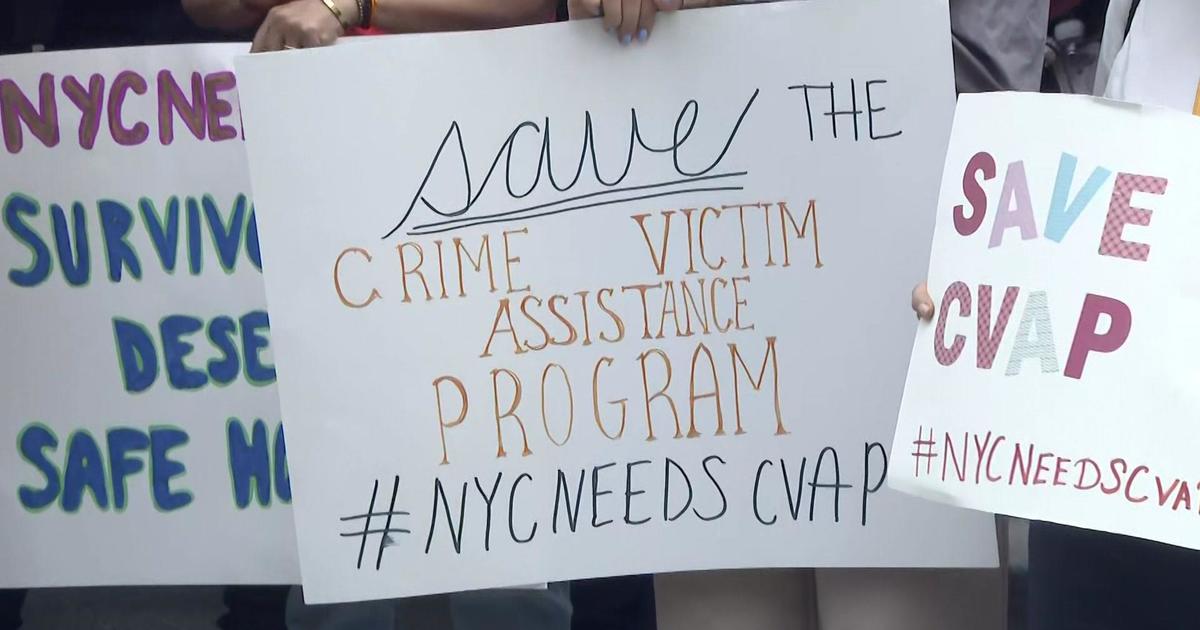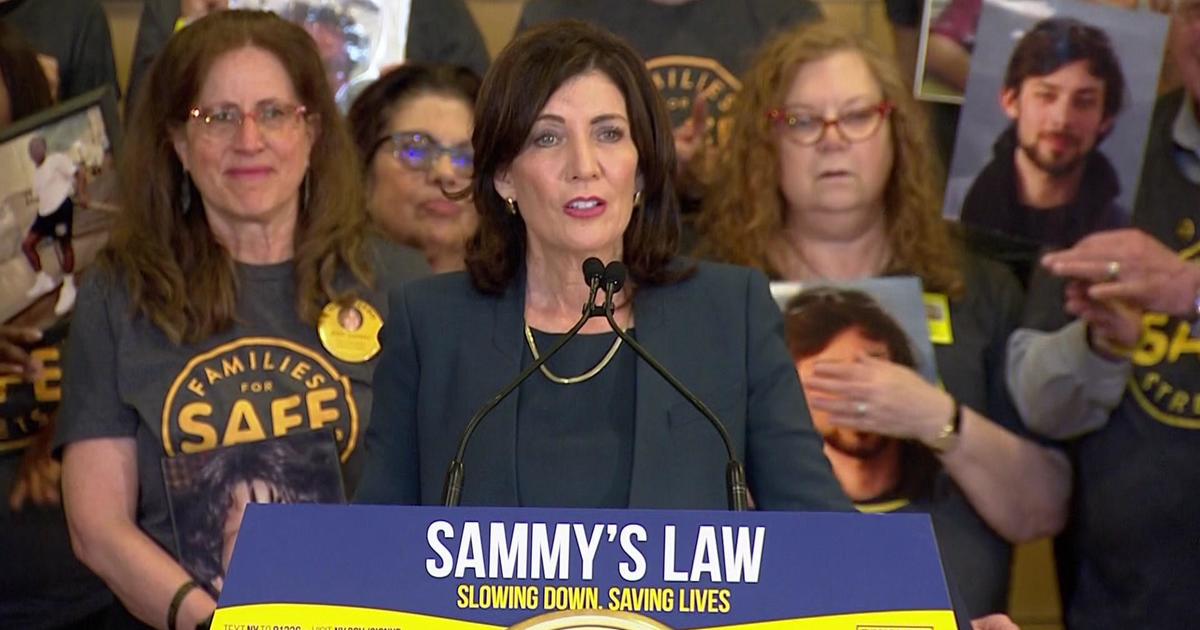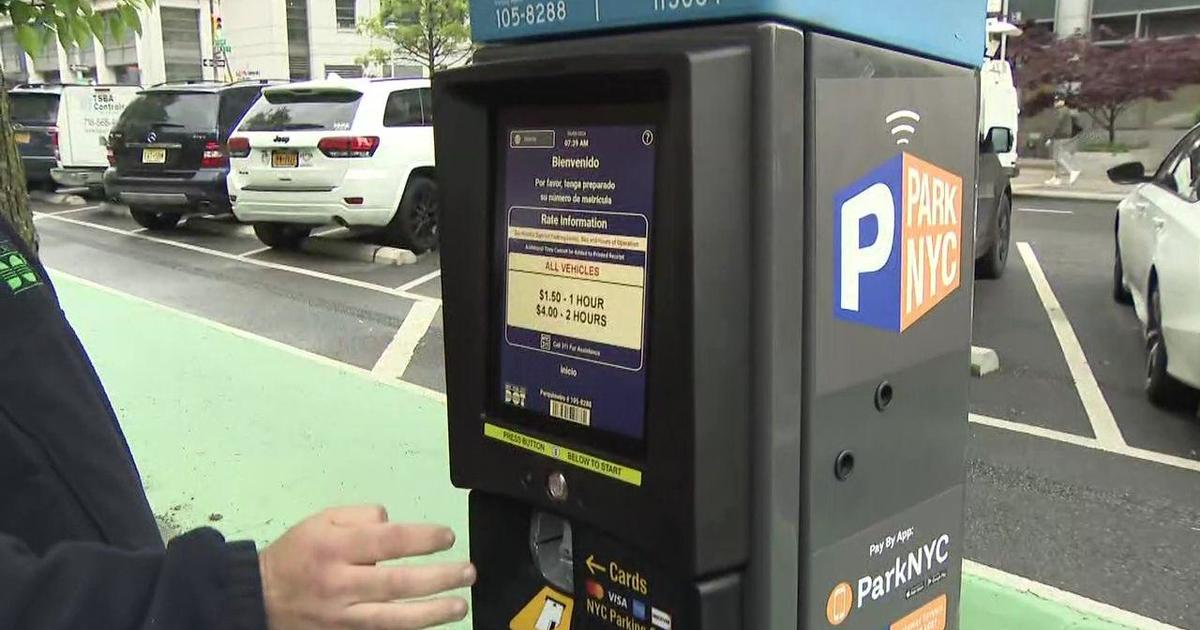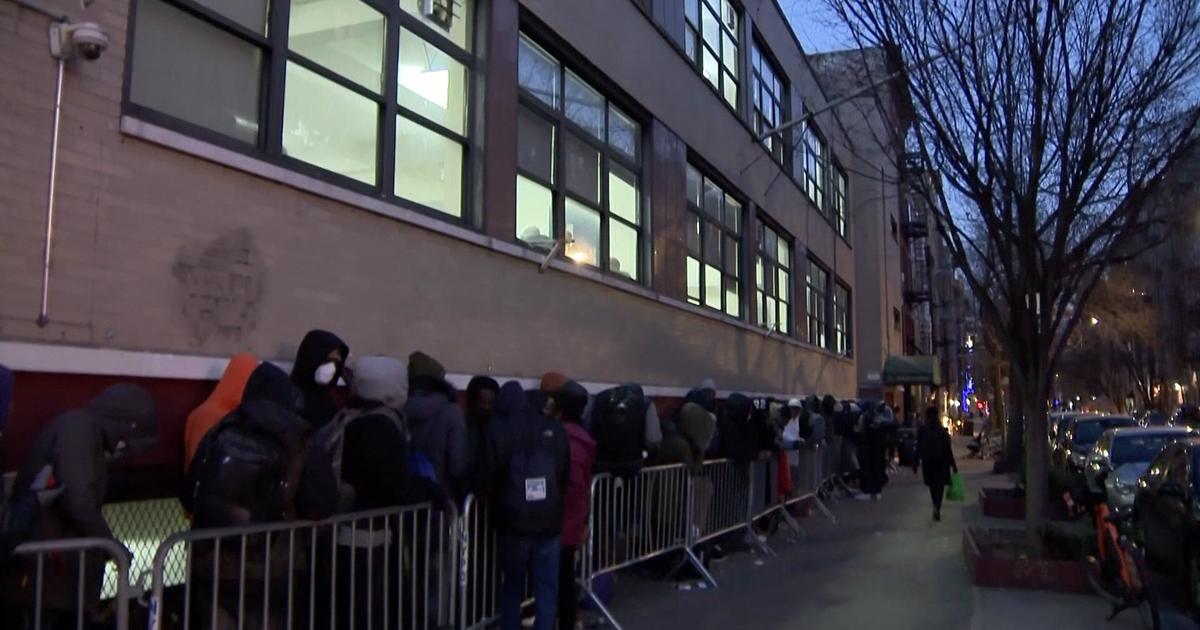NY Inspector General Eyes Systemic Problems
ALBANY, N.Y. (AP) -- While sending New York's former chief financial officer to prison, Inspector General Ellen Biben launched investigations into state bus driver licensing, violence in youth detention halls, Nassau County crime lab mistakes, personal use of state vehicles by prison officials and grant awards by the New York Power Authority.
Several high-profile probes came at the request of Gov. Andrew Cuomo, her boss as attorney general who four months ago named her to the new post. Separately, the inspector general's office will field about 2,600 complaints this year about fraud, crime, waste and abuse in the state's executive branch.
"You have to do the one case if you need to. But what I say to people here is: Every case is an opportunity to identify a larger problem," Biben said, spreading her hands to make the point. "Because more often than not, it's not just a one-off."
She's currently investigating how Ophadell Williams got a commercial driver license despite prior motor vehicle infractions. Williams was behind the wheel of a tour bus that crashed in March, killing 15 people. Biben said her office will try to determine if there are weaknesses or vulnerabilities in the system.
"If there was a failure, a systemic problem, if so, what do we do?" she said.
They are coordinating with the Bronx district attorney's criminal investigation of the March 12 crash. The inspector general doesn't bring criminal charges, but instead investigates and can refer cases to prosecutors. That happened two weeks ago when the Rensselaer County district attorney charged a DMV supervisor with helping her son and a friend cheat on the permit test for commercial driver licenses.
The inspector general has 59 staffers, including nine auditors, 11 lawyers, and 32 investigators and investigative aides, spokesman Jon Sorensen said. Many investigators are former police officers.
The previous inspector general, Joseph Fisch, found Gov. David Paterson and top lawmakers used poor judgment in awarding to a politically connected consortium a lucrative gambling contract that was later rescinded. Fisch recused himself from the investigation of Paterson, a friend who had appointed him, though his staff proceeded.
Asked if she could investigate Cuomo the same way, Biben said it would depend on the case and the circumstances.
Biben, 44, was a Manhattan prosecutor for a decade, the last five years as deputy bureau chief of rackets, targeting organized crime, money laundering, tax evasion and corruption in cases that often took a long time to build.
"She's thorough, careful and even-handed," said former Manhattan District Attorney Robert Morgenthau, calling Biben a first-rate prosecutor with strong ethics. "Let the chips fall where they may. She'll investigate without fear or favor."
She was special deputy state attorney general for public integrity for the next four years, with a staff of 10 to 12, and prosecuted ex-Comptroller Alan Hevesi and several others for the "pay to play" scheme where he received gifts and campaign donations and his chief political adviser received money from investors looking to get involved in the state's $141 billion pension fund. Hevesi, now 71, pleaded guilty to one count of receiving reward for official misconduct, a felony.
"Defendant Hevesi failed the people and the pension fund spectacularly," she said, pushing for maximum prison time. Justice Michael Obus gave him nearly that, with one to four years. She also prosecuted Hevesi's political adviser Henry Morris for his role as a paid intermediary for fund business, indicting him on several charges, negotiating a plea bargain to a single felony of securities fraud and sending him to prison for 1 1/3 to 4 years.
"We disagreed with the theory of the case, but the judge ruled for the attorney general," said William Schwartz, defense attorney for Morris. "I found her to always be respectful of the fact we had disagreements in the case and she acted very professionally in dealing with us."
Petite and blonde, the former gymnast grew up near Columbia University on the upper west side of Manhattan before it was gentrified. Both her parents are physicians still working full time and her two older sisters became endocrinologists like their mother.
A recurring knee injury sent her to the pool for therapy and finally ended her gymnastics career. At Wesleyan, she joined the college swim team without knowing how to do flip turns, but by senior year was the captain, swimming distance races and the 200-yard butterfly. She taught scuba diving during the summer at a camp in Antigua, taught tourists in Hawaii after graduation, then traveled for seven months to New Zealand, Australia and Southeast Asia, diving along the way, followed by law school at the University of Southern California. She was executive editor of the Law Review there.
She clerked for a federal judge in Connecticut and was a litigation associate at Sullivan & Cromwell before joining Morgenthau's staff. "It wasn't being a doctor but it gave me that same sense, that same pride in what I was doing ... and that it was important."
She met her husband in Morgenthau's office, a prosecutor who now works for a bank. They have three children under 10 and live in Manhattan.
"He dumped a dog of a case on me," she recalled. She ended up with more than 20 complainants in her office who surrounded her and were calling for him. She had to call security. "He felt really bad so the next day he saw me. We were married a year later."
One of her seminal cases in Morgenthau's office resulted in several guilty pleas for enterprise corruption, following two years of wiretaps, where roofing contractors were paying off labor officials so they didn't have to use union labor or pay prevailing wages.
Some of those city investigators are now with the inspector general's office. Biben considers herself aggressive but fair and doesn't worry defendants blamed her personally. "If it wasn't me it was going to be someone else."
As special deputy attorney general for public integrity, she began the state pension fund investigation under Cuomo in early 2007 and has a special designation from Attorney General Eric Schneiderman to see the last half dozen cases through to sentencing.
There were eight guilty pleas, 20 civil settlements and almost $170 million recovered for the fund in what proved to be another endurance test.
"When we started this, people said this has been going on forever. Who are you kidding? People favoring third parties, brokers, friends, campaign contributors, giving preference. This is not crime. This is business as usual in Albany." Her directions were to keep her head down and keep investigating. "If it's a crime, it's a crime. The fact that it's been going on forever is not an excuse."
In the wake of the investigation systemic issues were addressed. The New York comptroller's office changed its rules to prohibit paid intermediaries, Cuomo's office last week proposed a set of permanent state rules and the SEC proposed rules nationally.
(Copyright 2011 by The Associated Press. All Rights Reserved.)
What do you think of her investigations into the aforementioned issues? Tell us in our comments section below.



